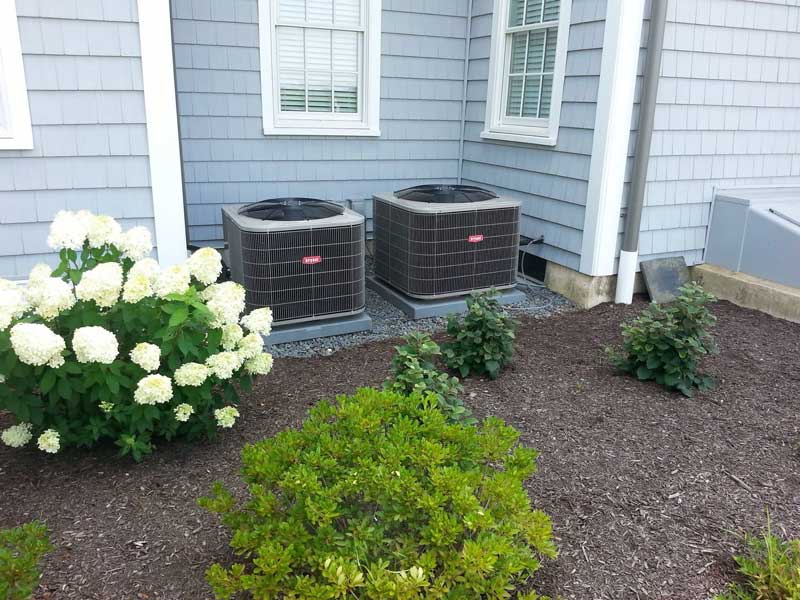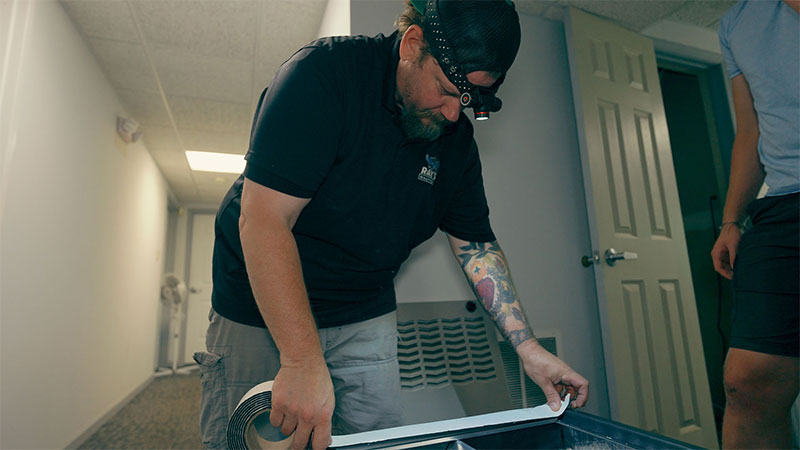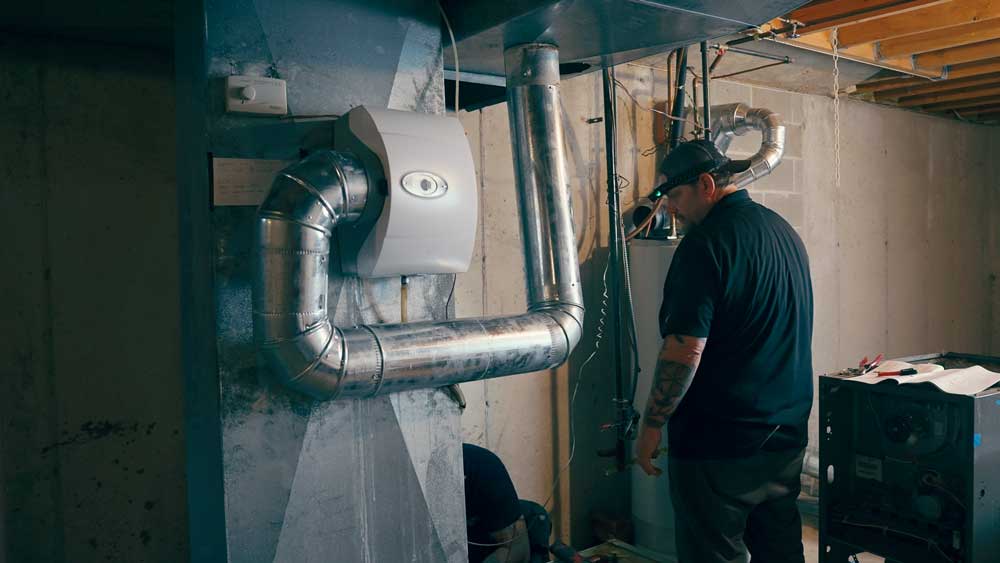
When winter unleashes its full fury in Bucks County, ensuring your HVAC system is reliable is more crucial than ever. However, even the best systems can falter under extreme conditions. Knowing how to effectively handle an HVAC emergency can make the difference between a minor inconvenience and a serious crisis. This guide provides comprehensive steps to manage heating system failures during cold spells and strategies to prevent them in the future.
Immediate Steps to Stay Warm and Safe
- Layer Your Clothing: Insulate yourself and your family with multiple layers of warm clothing. Thermal wear, sweaters, and socks are essential to retain body heat.
- Utilize Insulating Materials: Employ blankets, sleeping bags, and even heavy curtains to keep warm. These items are particularly useful at night when temperatures are lowest.
- Conserve Heat: Close off unused rooms to prevent heat dispersion and maintain warmth in occupied areas of your home.
- Operate Space Heaters Safely: If available, use space heaters in central areas where your family gathers. Always follow safety guidelines, keeping heaters away from flammable materials and never leaving them unattended.
Ensure Safe Ventilation
- Avoid Using the Oven for Heating: Never use your oven or stove to heat your home, as this can lead to carbon monoxide buildup, especially with gas ovens.
- Maintain Proper Ventilation: Ensure adequate ventilation when using alternative heating sources like wood stoves or kerosene heaters to avoid dangerous gases accumulating indoors.
Enhance and Preserve Existing Heat
- Block Drafts: Seal drafts with towels or commercial draft stoppers under doors and around window frames to minimize cold air ingress.
- Use Thermal Curtains: Draw curtains or blinds to add an insulation layer to windows, which are common sites of heat loss.
- Check Insulation: Inspect insulation in your attic, basement, and crawl spaces. Adequate insulation helps maintain temperature and reduces the strain on your heating system.
Proactive Measures for HVAC Reliability
- Regular Maintenance: Schedule annual or bi-annual maintenance checks to ensure your HVAC system is in optimal condition. Regular servicing can identify and address potential issues before they escalate.
- Know Your System: Understanding the basics of your HVAC system can help you identify early signs of trouble and potentially rectify simple issues without professional help.
- Update Insulation: Improving insulation in your home can significantly reduce the workload on your HVAC system and prevent breakdowns due to overworking.
- Consider System Upgrades: If your HVAC system is old or frequently needs repairs, upgrading to a more efficient and reliable system may be cost-effective in the long run.
On a Final Note
No one wants to face a heating crisis in the middle of winter, but with the right knowledge and preparation, you can handle such situations more effectively. By staying warm, ensuring safe operation of heating alternatives, and preserving the heat you have, you can manage until professional help can restore your HVAC system. Regular maintenance and proactive upgrades can further safeguard your home against future emergencies, ensuring you stay comfortable throughout the winter season.










